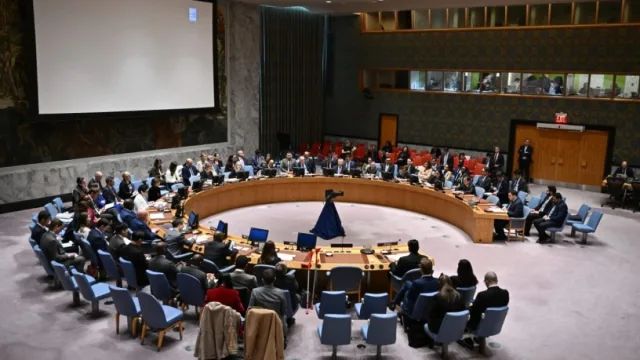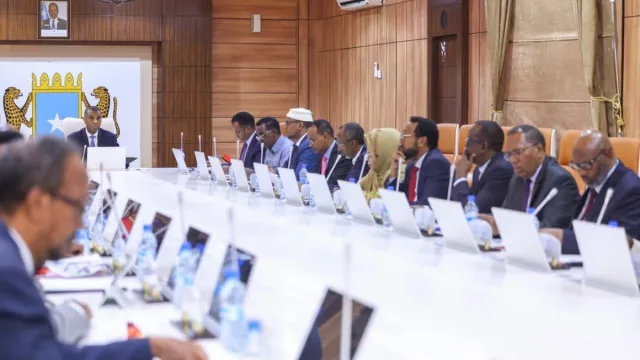The International Federation of Journalists (IFJ) joins its affiliate, the National Union of Somali Journalists (NUSOJ),…

The International Federation of Journalists (IFJ) joins its affiliate, the National Union of Somali Journalists (NUSOJ), in condemning the Federal Government of Somalia’s recent introduction of the Official Information Bill (OIB). While ostensibly aimed at enhancing transparency and access to information, this Bill (submitted to the Federal Parliament on 16 March 2021) is fundamentally flawed and poses severe threats to freedom of information, democratic governance and human rights.
The introduction of the OIB by the Federal Government of Somalia has bypassed essential democratic processes, completely excluding public consultation and stakeholder engagement. This blatant disregard for inclusive policymaking undermines the core values of democracy and compromises the effectiveness of the legislation.
The IFJ’s review of the OIB and the legal analysis made by its affiliate, the National Union of Somali Journalists (NUSOJ), reveals numerous ambiguous provisions and broad exemptions that will not aid transparency. Particularly alarming are the inclusion of espionage-related sanctions and undefined terms related to national security, which threaten free expression and should be addressed in separate, specialised legislation.
The IFJ’s analysis shows that the Bill starkly contradicts international standards, including the African Union Model Law on Access to Information as well as the Provisional Constitution of Somalia. It fails to establish clear, well-defined exemptions, and contains extensive provisions on confidentiality and national security information that are incompatible with global best practices.
Recognising these critical issues and backing the calls from NUSOJ, the IFJ calls for the immediate withdrawal of the current draft of the OIB from Federal Parliament. The Federal Government of Somalia should strive to undertake a comprehensive review to align the Bill with Good Regulatory Practices (GRPs).
If the Official Information Bill is passed in its current form, it will severely undermine freedom of information and transparency in Somalia, enabling government secrecy and potentially increasing corruption and abuse of power. The bill’s vague provisions and broad exemptions will impede accountability and damage Somalia’s credibility with international partners, hindering progress toward good governance and economic stability.
NUSOJ’s Secretary General Omar Faruk Osman said, “The excessive authority granted to national security institutions within this Bill promotes a culture of secrecy, counteracting the goals of openness and public trust. We urge the government to withdraw the current draft and undertake meaningful revisions.”
“The Official Information Bill, as it stands, represents a significant threat to freedom of information and good governance in Somalia. Its broad exemptions and ambiguous language are a recipe for legalised secrecy and unaccountability. We urge the Somali government to withdraw this Bill immediately and revise it to meet international standards. Protecting the right to information is crucial for upholding democratic principles and fostering trust with both the Somali people and international partners. Without these changes, Somalia risks regressing on its path towards good governance and institutionalising democracy,” said Tim Dawson IFJ Deputy General Secretary.
The IFJ stands firmly with NUSOJ in their efforts to ensure the OIB is revised to genuinely enhance transparency and accountability. The IFJ urges the Federal Government of Somalia to heed these critical recommendations made by NUSOJ and demonstrate a genuine commitment to upholding democratic principles and human rights.





